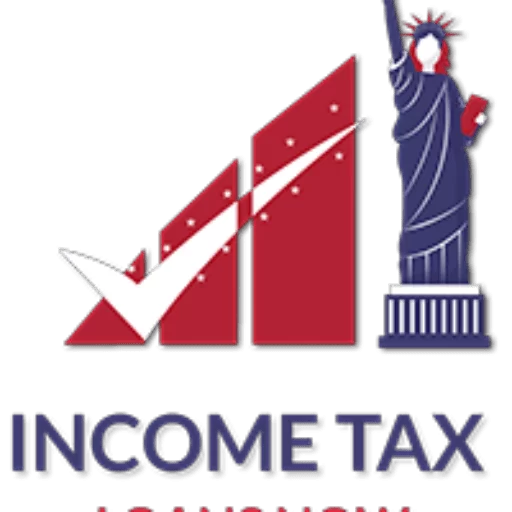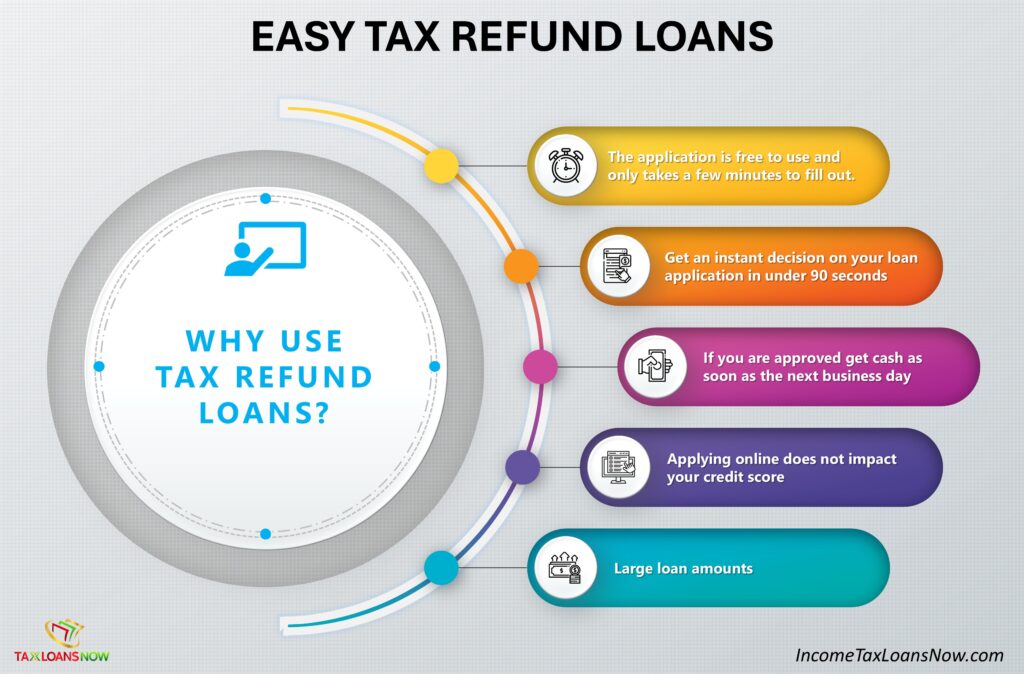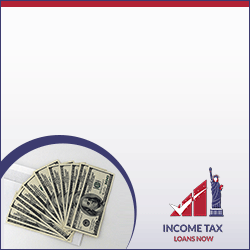Why Your Personal Loan Was Declined?
Getting rejected for a personal loan can be frustrating and seem unfair at times. But there are usually legitimate reasons why a lender would deny your application.
Understanding these reasons can help you improve your situation and your chances of getting approved next time.
Let’s take a look at the most common reasons for personal loan rejection.
Poor Credit History
Lenders take into account your credit history when deciding whether to approve your application for a personal loan.
Lenders want to see that you have demonstrated responsible borrowing and payment behavior in the past before they will approve you for a new loan.
There are several key aspects of your credit history that lenders evaluate:
Credit Score
Lenders will check your credit score to see how reliably you have repaid debts in the past. The most widely used credit scoring model is FICO, which typically ranges from 300 to 850. In general, the higher your score, the better your chances of being approved for new credit.
Most lenders require a minimum credit score for you to be considered for a loan, which is often around 560-650.
If your score falls below that level, you are much more likely to be declined. In general, the higher your score, the better your chances of approval. Scores below 580 are often seen as poor credit risk.
Payment History
Lenders look at your track record of making past credit payments on time. Having late payments or delinquencies can negatively impact your chances of getting approved. Too many recent late payments on your credit reports raise red flags. Defaulting on past debts is especially problematic.
Limited Credit History
Those with a limited credit history, sometimes referred to as a “thin file,” are often seen as higher risk by lenders. This is because there is less financial data available to evaluate creditworthiness.
When you have a short or limited credit history, lenders have a harder time assessing how likely you are to repay a loan. With less information to draw from, they may view you as riskier compared to borrowers with longer, established credit histories.
Credit Age/History
Having a longer established credit history with older accounts demonstrates stability to lenders. Too short of a credit history can negatively impact your ability to get approved. A limited number of accounts open can also work against you.
Failure to Meet the Expected Income Requirements
Lenders want to see that you have enough income to comfortably pay back the personal loan. They will look at your income, expenses, and existing debts to calculate your debt-to-income (DTI) ratio.
Your DTI ratio compares how much debt you have to your income. Lenders generally look for a DTI ratio of 36% or less when considering a personal loan application.
If your income is too low relative to your current debts, the lender may determine that the additional debt of a personal loan is unaffordable for you. Having a higher DTI ratio signals a higher risk that you may not repay the loan.
Lenders have minimum income requirements and will verify your income through pay stubs, tax returns, bank statements, or other documentation.
If you cannot demonstrate enough steady, verifiable income to cover the loan payments plus your other debts, your application will be declined.
Inadequate Employment Stability
Lenders want to see that you have a steady income to repay the loan. If you change jobs frequently or have gaps in employment, it can make you look risky.
When reviewing your application, a lender will evaluate:
- How long you’ve been at your current job. Having at least 1-2 years shows stability.
- Whether you were unemployed for periods between jobs. Too many gaps can be concerning.
- If you switch industries/careers often. Frequently jumping between very different jobs may indicate an unreliable income.
- Whether you have mostly held full-time jobs. Part-time or seasonal work is seen as less secure.
Existing Debt
Having too much existing debt can be one of the biggest reasons for a personal loan application being declined.
Lenders want to make sure you have the capacity to take on additional debt and be able to make the required payments.
The higher your existing debt obligations like credit cards, auto loans, student loans, and mortgages, the higher your debt-to-income ratio.
If your current monthly debt payments already take up a high percentage of your monthly income, the lender may determine it’s too risky to loan you additional funds.
They can’t be confident you’d be able to manage the new personal loan payment on top of your other financial obligations.
Having a lot of balances close to the credit limit can also signal high utilization and trouble managing debt loads.
Incomplete Application
An incomplete or inaccurate application can be seen as a red flag, indicating that you’re irresponsible and unreliable. Some oversights include:
- Forgetting to sign the application
- Leaving fields blank
- Entering incorrect information, such as your address, social security number, etc
- Not providing supporting documents such pay stubs, tax returns, bank statements, and photo ID to verify your information
- Forgetting co-applicant details (if applicable )
- Submitting outdated paperwork
Loan Amount Requested
When reviewing a personal loan application, lenders want to limit their risk of borrower default. One way they assess this is by looking at the loan amount requested compared to the borrower’s income. If the loan amount seems disproportionately high given the income, lenders may decline the application.
Lenders typically like to see the loan amount at no more than 36% of gross annual income. For instance, if your gross annual income is $40,000, lenders would be comfortable approving up to around a $14,000 loan. If you request a $20,000 loan
with a $40,000 income, lenders may see that as too risky and decline the application.
Some other factors lenders consider regarding loan amount are:
- Total existing debt obligations and required monthly payments
- Assets available to secure the loan and demonstrate financial stability
- Reason and intended use for the loan funds
Reapplying
If you’ve been declined for a personal loan, don’t give up. With some time and effort, you may be able to improve your chances of approval by reapplying at a later date. Here are some tips:
- Wait at least 6 months before reapplying. Lenders need to see that you’ve had time to improve your financial situation. Reapplying too soon looks desperate.
- Pay down existing debts. Lenders want to see you actively lowering your debt burdens. Pay down credit cards and other debts to improve your debt-to-income ratio.
- Maintain a stable job and income. Lenders look favorably on borrowers who have steady employment and a consistent income.
- Improve your credit history. Having little or poor credit history can hurt your chances. Take out small loans with on-time repayments to build positive payment history.
- Ask for a co-signer. Adding a co-signer with good credit can improve your chances by lowering the lender’s risk. Make sure the co-signer understands the obligation.
- Provide explanations. With a new application, explain in writing any red flags or issues from your previous application. Demonstrating awareness and responsibility can help.
- Consider alternative lenders. Online lenders, credit unions, or community banks may offer more flexible underwriting criteria. Shop around to maximize your options.
Final Thoughts
Getting declined for a personal loan can be disappointing, but understanding the reasons why can help you take steps to improve your chances for approval in the future.
If you’re still not sure why you were declined, reach out to the lender for more information. They may be able to provide you with some insight into their decision-making process and what they look for in an applicant.
Do you need a loan now? Get in touch with us! We’ll review your application and assist you to the best of our ability.

Marie Phillios
Author
Marie is a contributing author to our blog. She has over 1o years experience in media and publication. She specializes in finance.
Related Reading
Easy Tax Refund Loans
[lwp_divi_breadcrumbs _builder_version="4.27.4" _module_preset="default" theme_builder_area="post_content"...
Fastest Early Tax Refund Loans
Is There A Way To Get A Loan On Your Tax Refund? Yes there is a way to get a loan on your tax refund....
Borrow Money Black Friday
Can I Borrow Money for Black Friday 2024? Yes, it is possible to get cash by applying for a loan...




